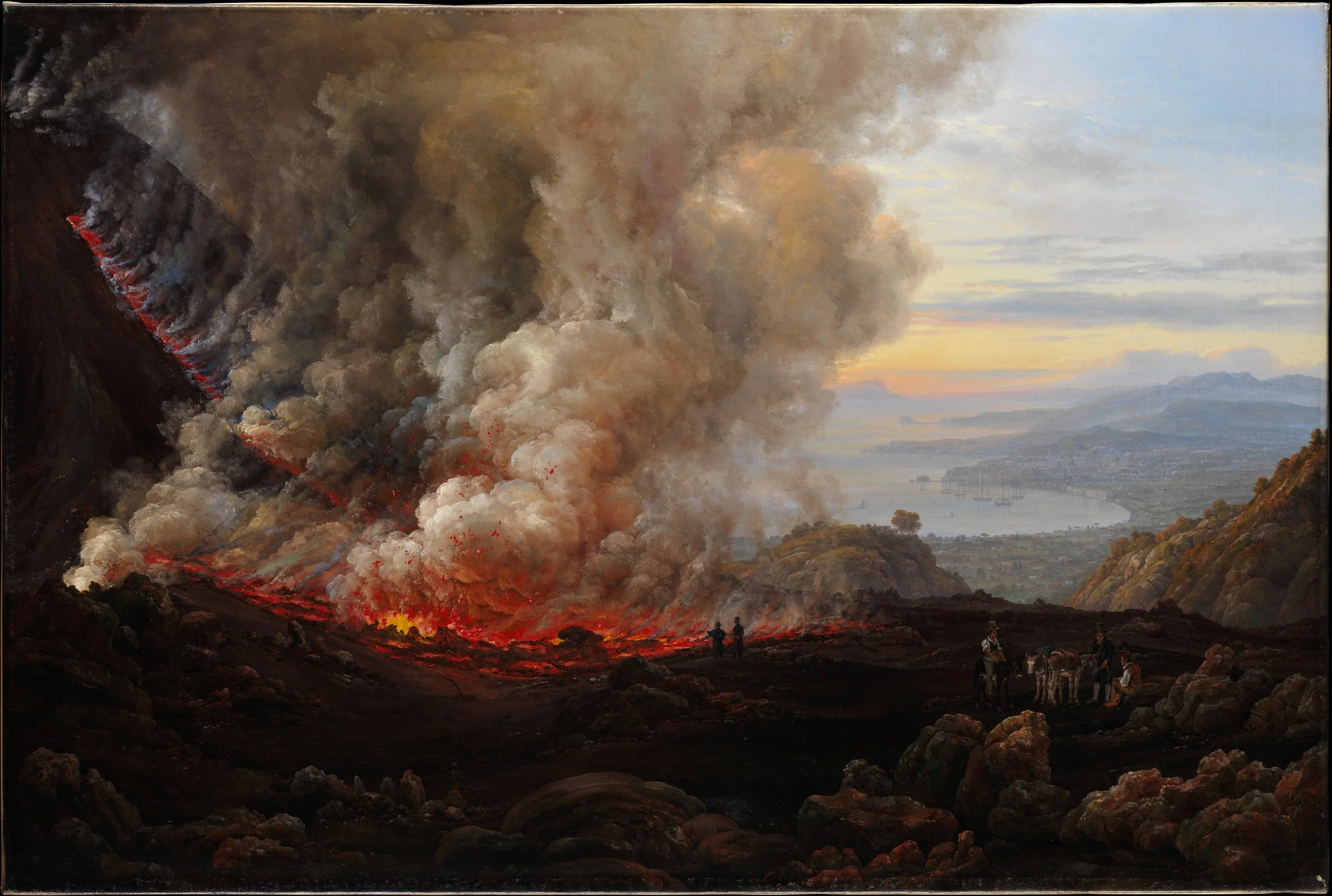When the World Trembles, True Leaders Reassure
“Nearly all men can stand adversity, but if you want to test a man’s character, give him power.”
In the annals of American public life, few moments so clearly display the anatomy of leadership in crisis as Robert F. Kennedy’s impromptu remarks in Indianapolis on the night of April 4, 1968.
Martin Luther King, Jr. had been assassinated in Memphis only hours before, and while cities across the country erupted in flames, Kennedy, standing on the back of a flatbed truck before a mostly Black audience, chose to speak with the humility and vulnerability of shared grief.
He began with the hard truth, acknowledging the terrible fact that Reverend King was dead, struck down by violence.
“Ladies and Gentlemen, I'm only going to talk to you just for a minute or so this evening, because I have some very sad news for all of you, and, I think, sad news for all of our fellow citizens, and people who love peace all over the world; and that is that Martin Luther King was shot and was killed tonight in Memphis, Tennessee.”
The silence that followed an initial collective gasp was the silence of a people stunned, yet waiting. Kennedy then reached across the chasm of despair, not with the pieties of a politician, but with words both intimate and vulnerable.
He reminded them that he too had known the wound of violence, that he too had lost a brother to a white man’s bullet.
“For those of you who are black and are tempted to fill with hatred and mistrust of the injustice of such an act, against all white people, I would only say that I can also feel in my own heart the same kind of feeling. I had a member of my family killed, but he was killed by a white man.”
Out of that raw honesty, he dared to call for something more than anger or vengeance — he called for an effort to understand each other, even in a terrifying moment of uncertainty.
He quoted Aeschylus:
“In our sleep, pain which cannot forget falls drop by drop upon the heart, until, in our despair, against our will, comes wisdom through the awful grace of God.”
What Kennedy offered that night was not certainty but truth, not solution but presence. It was leadership as witness, a recognition that fear and sorrow could not be banished, but that they could be borne together. And in that bearing together, the city of Indianapolis found what other cities did not: a reprieve from riot and fire.
The lesson, if we are willing to see it, is that crisis is not a summons to grand speeches or easy assurances, and certainly not an opportunity to stoke fear, anger, and hatred toward a perceived enemy.
A crisis demands honesty, humility, and the courage to meet people where they are — in their grief, their anger, their uncertainty. Kennedy did not control the storm that night, but by speaking from within it, he managed to still its fiercest winds.
Most unnerving, perhaps, is that his shining remains an exception rather than the rule. Too often leaders respond to crisis with the alchemy of euphemism, transforming tragedy into talking points — or worse.
But history suggests that the true currency of leadership in such moments is not spin, but candor; not the promise of safety, but the solidarity of shared humanity.
I consult with leaders to help their teams be accountable through honesty, data, and collaboration with the Working Together© Leadership & Management System I experienced firsthand, serving under Alan Mulally at Ford Motor Company.
There’s so much to learn,
Read:
An Effort to Understand: Hearing One Another (and Ourselves) in a Nation Cracked in Half by David Murray
Listen:
It Was Said, the 2021 Webby Award winner for Best Podcast Series, takes a look back on some of the most powerful and timeless speeches in history. Written and narrated by Pulitzer Prize winning and best-selling historian Jon Meacham.


